Originally conceived as a spin-off of the Shin Megami Tensei series, the Persona franchise has evolved into a powerhouse within the realm of modern RPGs. With its expansive universe spanning multiple sequels, remakes, anime adaptations, and even stage plays, Persona has cemented its status as a multimedia phenomenon. Its popularity continues to soar, showing no signs of slowing down.
The latest addition to the franchise, Persona 3 Reload, is now available on PlayStation 5, Xbox Series X, and PC, sparking curiosity among new players about the best entry point into this captivating series. Below, we provide a comprehensive guide to every game and spin-off, including the ideal starting point for newcomers, as well as the chronological and release order of the series.
Jump to:
- How to play in order
- How to play by release date
- Upcoming releases
Answer
See Results
How Many Persona Games Are There?
There are currently twenty Persona games in total. These include expanded versions of the mainline entries, featuring new story content or remakes. While we won't list direct ports or remasters, we'll highlight every alternate version of each game below.
Which Persona Game Should You Play First?
For those new to the series, starting with Persona 3 Reload, Persona 4 Golden, or Persona 5 Royal is highly recommended. These are the latest iterations of the third, fourth, and fifth mainline entries, respectively, and are available on PC and most major consoles, except for Persona 3 Reload, which is not yet on Nintendo Switch.
New players can dive into any of these games without missing out on the overarching narrative, as each game features a standalone story with new characters. To help decide, consider watching gameplay videos and exploring the social links in each game to see which resonates with you the most.
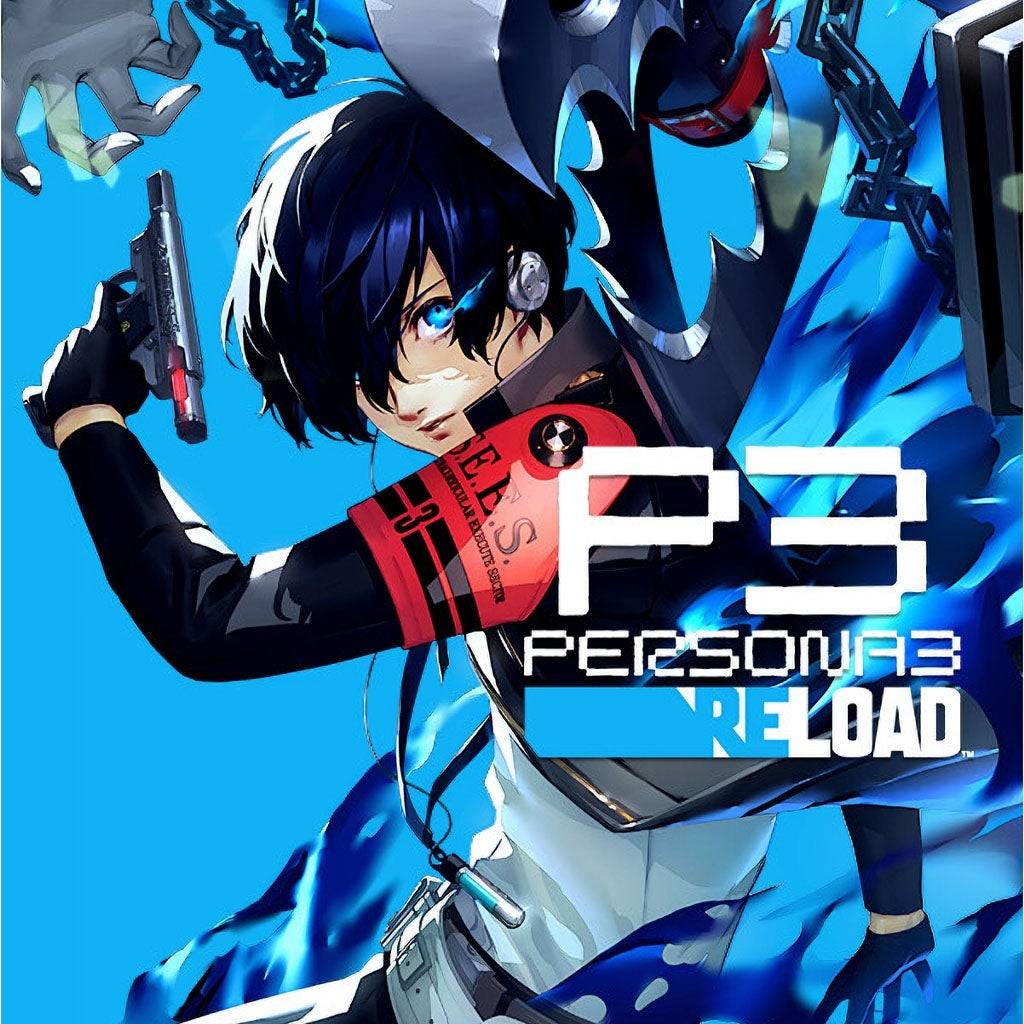
Persona 3 Reload
54
Available on PS5, PS4, and Xbox Series X.
See it at Amazon
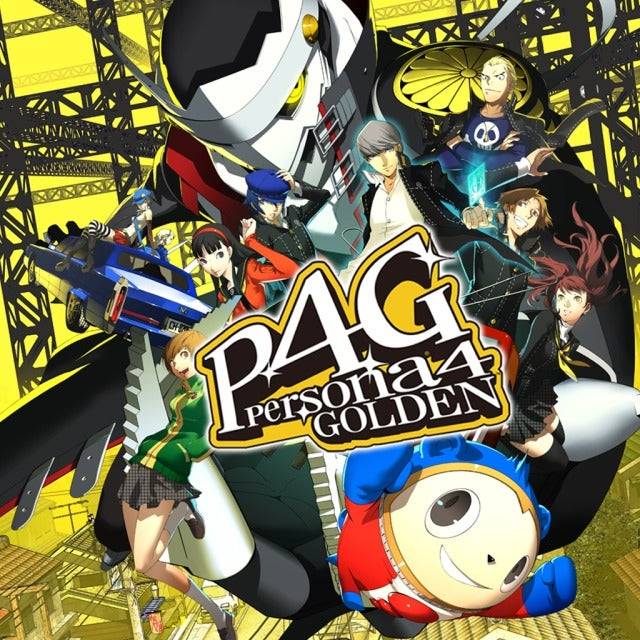
Persona 4 Golden
42
Available on PC, Xbox, PS5, and Nintendo Switch
See it at Nintendo

Persona 5 Royal
103
Available on PC, Xbox, PS5, and Nintendo Switch
See it at Amazon
Every Persona Game and Spin-Off in Chronological Order
These blurbs contain mild spoilers for each game, including characters, settings, and story beats.
1. Revelations: Persona (1996)
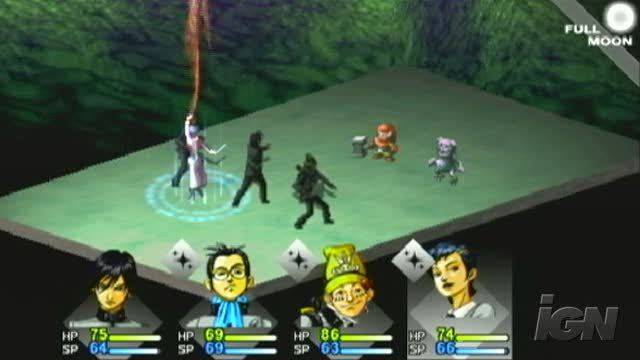
The inaugural game in the series, Revelations: Persona, was Atlus's response to the positive reception of Shin Megami Tensei: If…, another high-school-themed spin-off. It introduced a full dungeon-crawling RPG experience, where a group of high schoolers combat a supernatural uprising in Mikage-cho. The game laid the groundwork for the franchise, introducing key elements like Personas in combat, the Velvet Room, and a teenage cast of heroes.
2. Persona 2: Innocent Sin (1999)
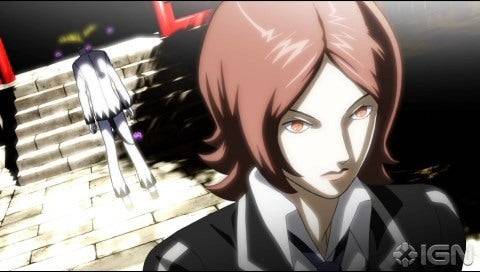
The second entry, Persona 2: Innocent Sin, follows a new group of high school students led by Tatsuya Suou, who confront a mysterious villain named Joker and the cult of the Masked Circle. The game revolves around a plot where rumors in Sumaru come to life, and players explore dungeons, wield Personas, and battle shadows. It was followed by a direct sequel, Persona 2: Eternal Punishment, a year later.
Read our review of Persona 2: Innocent Sin.
3. Persona 2: Eternal Punishment (2000)
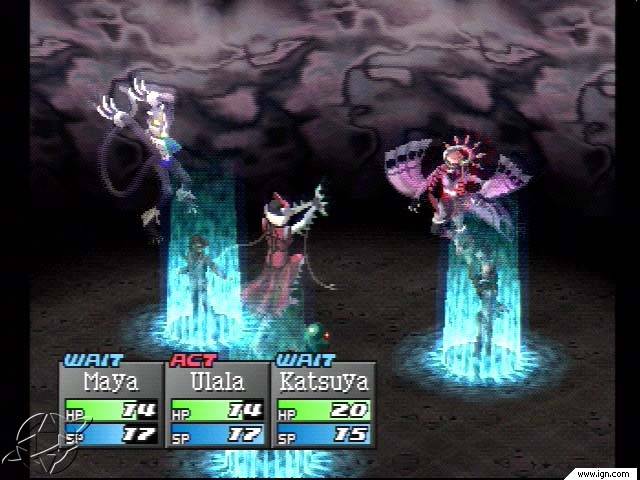
Continuing from Innocent Sin, Eternal Punishment features Maya Amano as the protagonist, who investigates the Joker Curse. The game maintains the turn-based, dungeon-crawling gameplay, with players building their party and using Personas to battle shadows.
Read our review of Persona 2: Eternal Punishment.
4. Persona 3 (2006) / Persona 3 FES (2007) / Persona 3 Portable (2009) / Persona 3 Reload (2024)
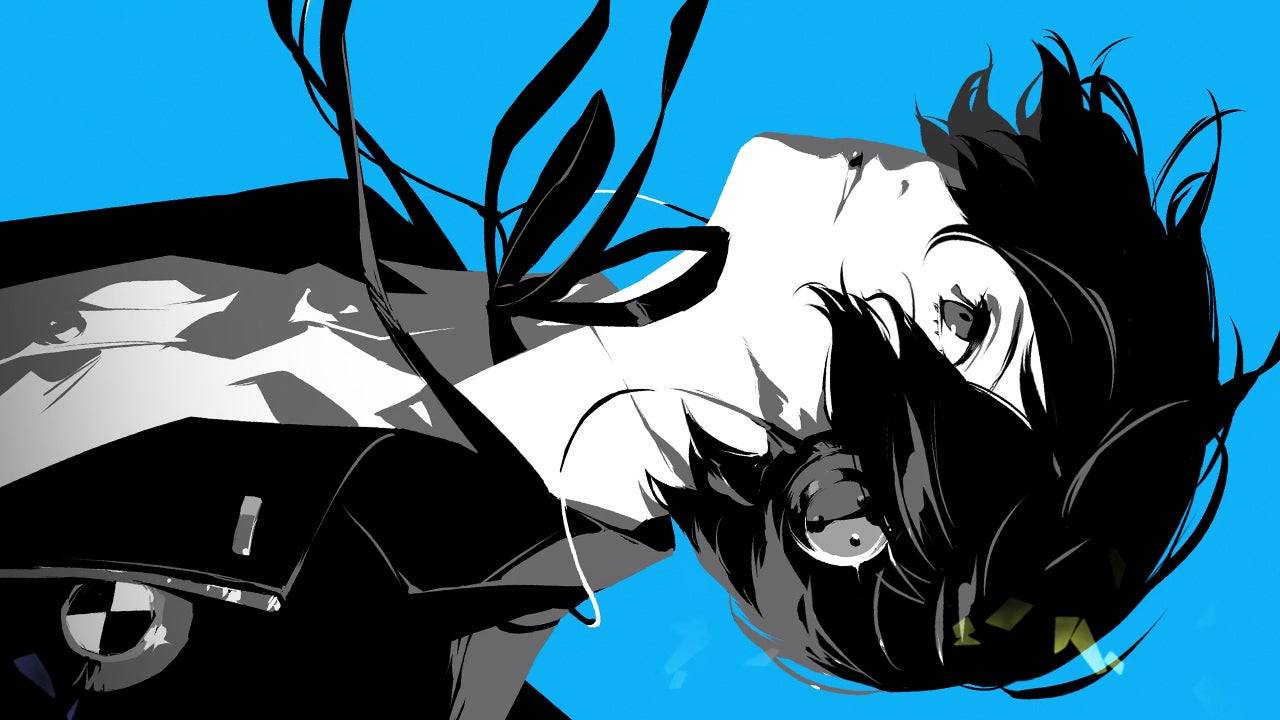
Persona 3 marked a significant evolution in the series, emphasizing its high-school setting with a daily calendar system. Players manage the life of Makoto Yuki, who navigates the Dark Hour, a mysterious time where a demonic tower emerges from his school. The game introduced social links and day-to-day activities, becoming a landmark entry in the franchise.
Read our review of Persona 3 Reload.
Alternate Versions of Persona 3:
Persona 3 has been re-released multiple times. Persona 3 FES added The Answer and an alternate female protagonist campaign. Persona 3 Portable included the female protagonist route but omitted The Answer. Persona 3 Reload is a full remake for modern consoles, excluding The Answer and the female protagonist route.
5. Persona 3: Dancing in Moonlight (2018)
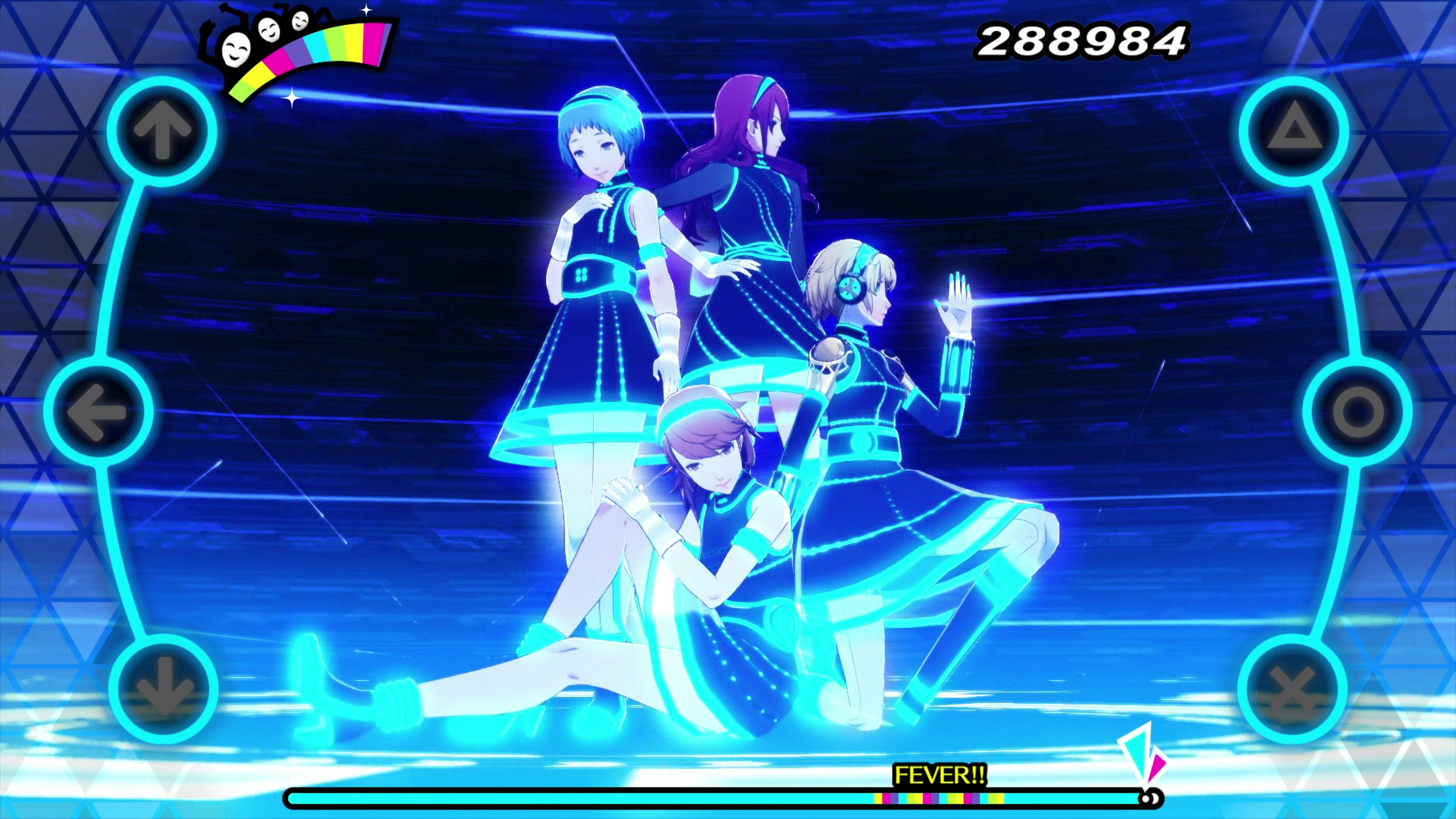
A rhythm-based dancing spin-off set during the main campaign, Persona 3: Dancing in Moonlight features Elizabeth challenging the S.E.E.S team to a dance-off in the Velvet Room. The events occur in a dream but are canon, with the team performing to iconic Persona 3 tracks.
6. Persona 4 (2008) / Persona 4 Golden (2012)
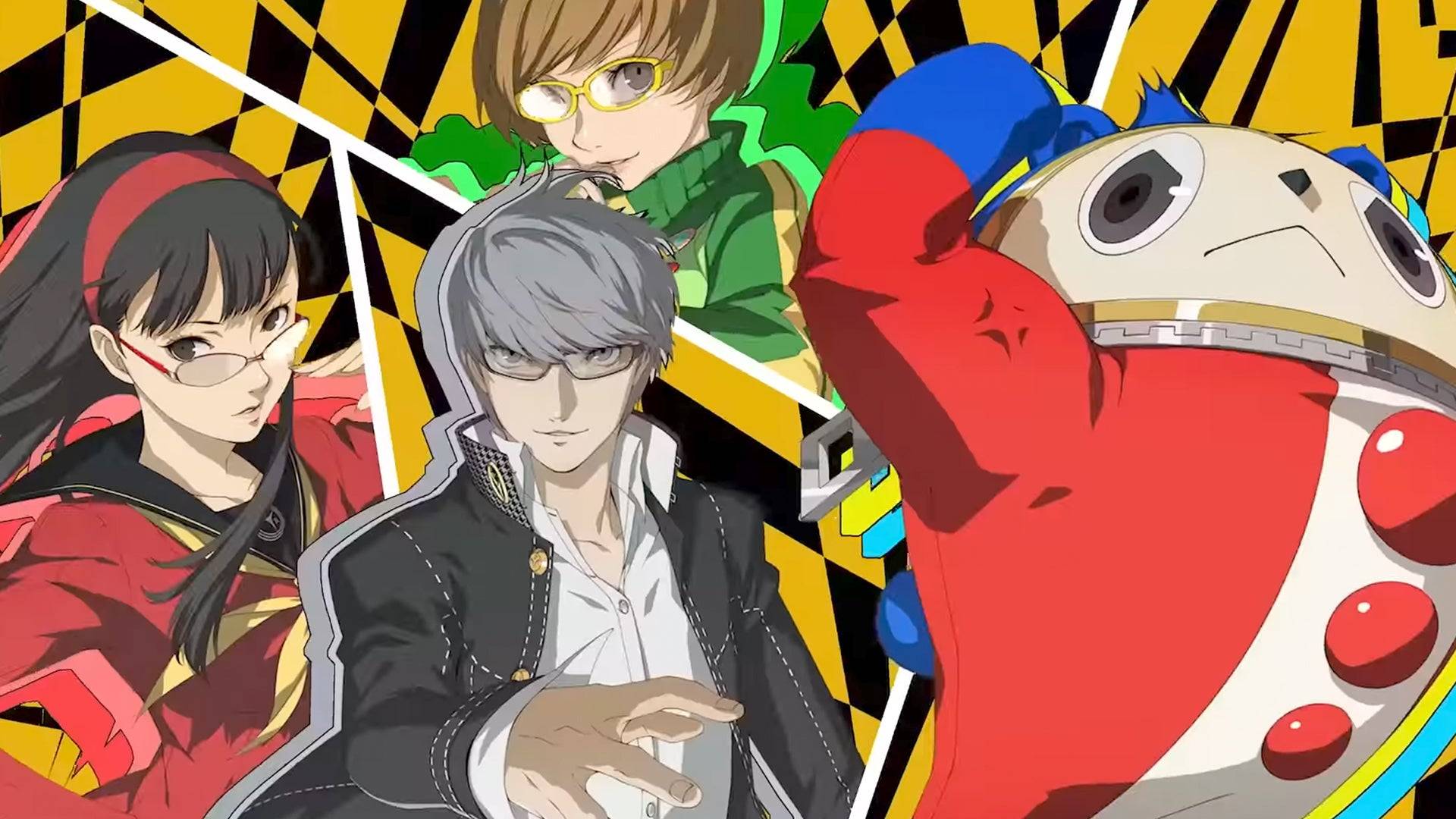
Set in the rural town of Inaba, Persona 4 follows Yu Narukami, who moves to live with his uncle and cousin. A series of murders leads Yu and his friends to a mysterious realm accessible through TV monitors. The game builds on Persona 3's mechanics, using a calendar system and social links alongside dungeon exploration and Persona battles.
Read our review of Persona 4 Golden.
Alternate Versions of Persona 4:
Persona 4 Golden, released in 2012, added new story content and an additional dungeon, considered the definitive version of the game.
7. Persona Q: Shadow of the Labyrinth (2014)

A crossover between Persona 3 and 4, Persona Q: Shadow of the Labyrinth occurs during both games' timelines. The S.E.E.S team and the Investigation Squad are trapped in a warped version of Yasogami High School, exploring a labyrinth and battling new enemies in a nod to the series' dungeon-crawler roots.
Read our review of Persona Q: Shadow of the Labyrinth.
8. Persona 4 Arena (2012)
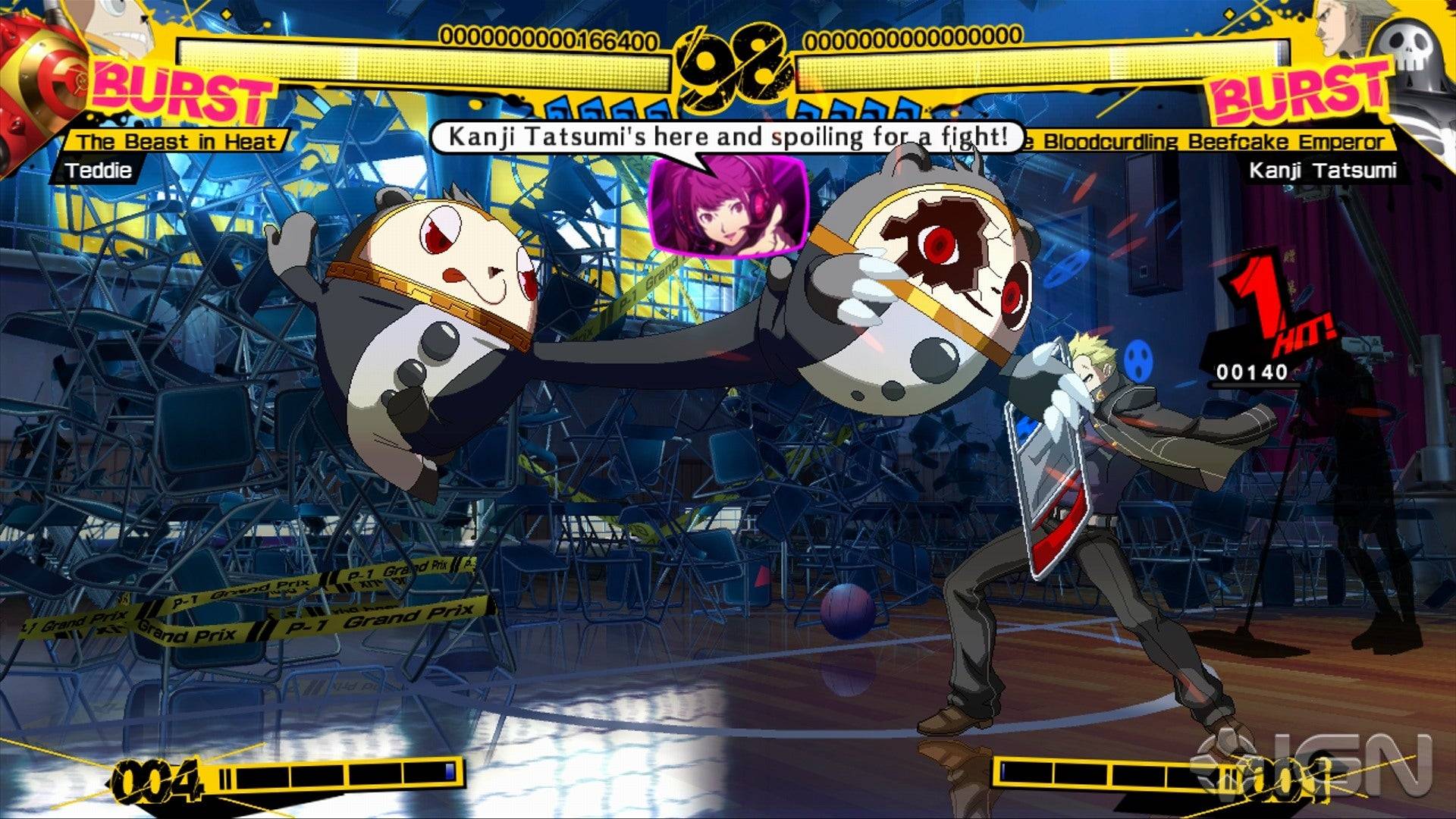
A continuation of both Persona 3 and 4, Persona 4 Arena is a fighting game where Yu Narukami returns to Inaba and enters a mysterious tournament in the TV world. Players control iconic Persona characters in battles against allies and the Shadow Operatives from Persona 3.
Read our review of Persona 4 Arena.
9. Persona 4 Arena Ultimax (2013)
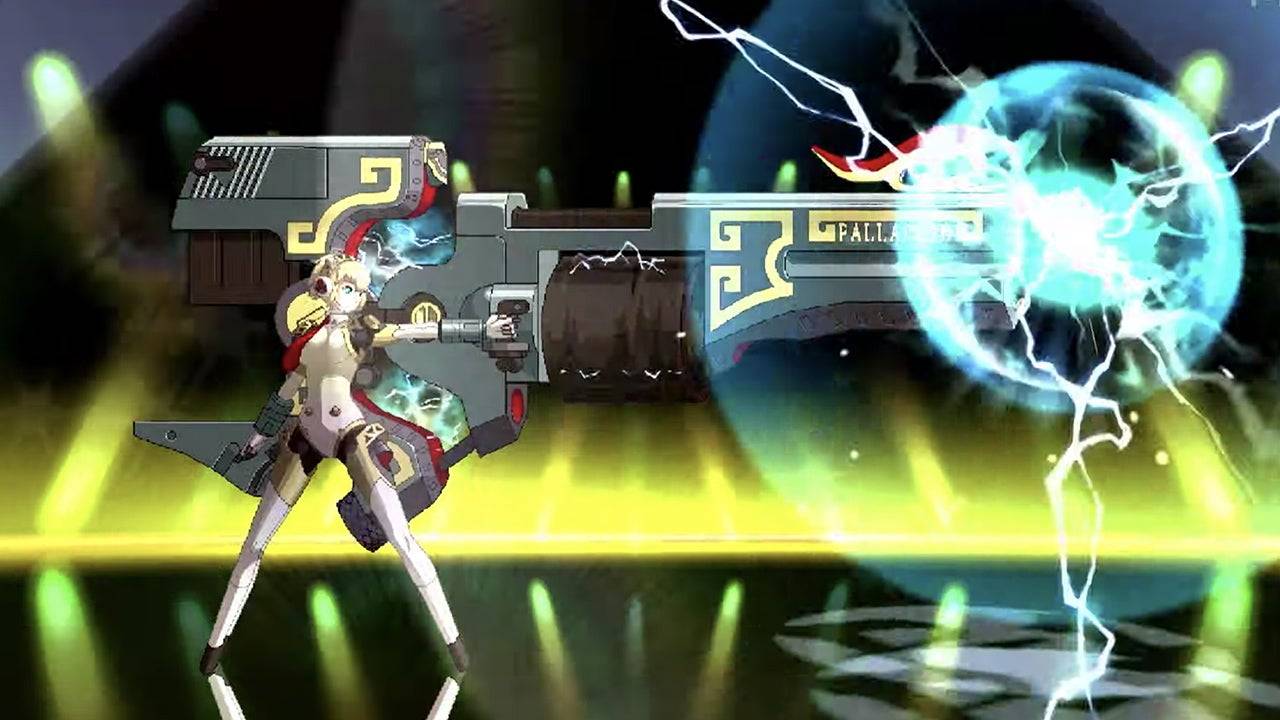
Following Persona 4 Arena, Ultimax expands the roster and continues the story, with the Persona 4 squad and Shadow Operatives battling in the TV World. It introduces returning characters from Persona 3, enhancing the fighting game experience.
Read our review of Persona 4 Arena Ultimax.
10. Persona 4: Dancing All Night (2015)
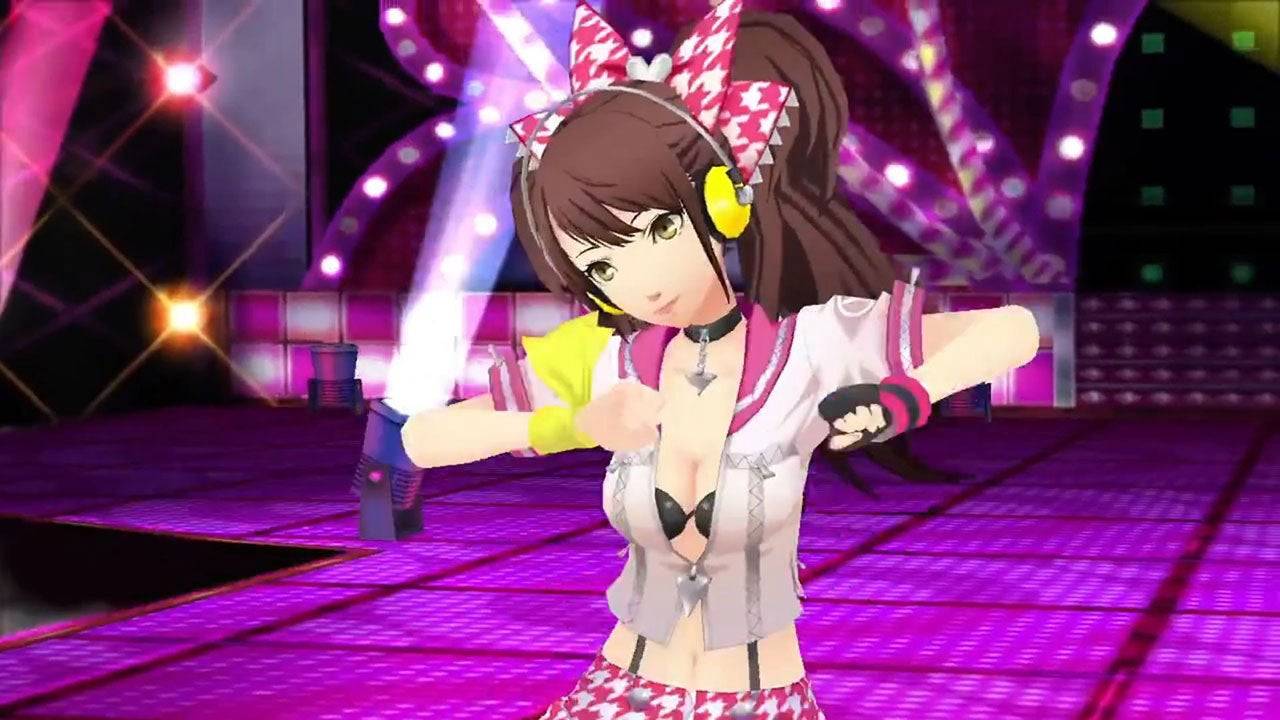
A rhythm-based dancing game, Persona 4: Dancing All Night continues the storyline with the Investigation Squad performing in the Midnight Stage, an alternate dimension. The game is fully canon and features iconic Persona tracks.
Read our review of Persona 4: Dancing All Night.
11. Persona 5 (2016) / Persona 5 Royal (2019)

Set in Tokyo, Persona 5 follows Joker, a high school student on probation, who discovers a supernatural realm allowing him and his friends to infiltrate palaces and change the hearts of evildoers. As the Phantom Thieves, they become notorious in Tokyo. Persona 5 builds on previous games' mechanics, introducing new features like Mementos and the negotiation system.
Read our review of Persona 5 Royal.
Alternate Versions of Persona 5:
Persona 5 Royal, an expanded re-release, adds a new companion, dungeon, and semester, making it the ultimate version of the game.
12. Persona Q2: New Cinema Labyrinth (2018)
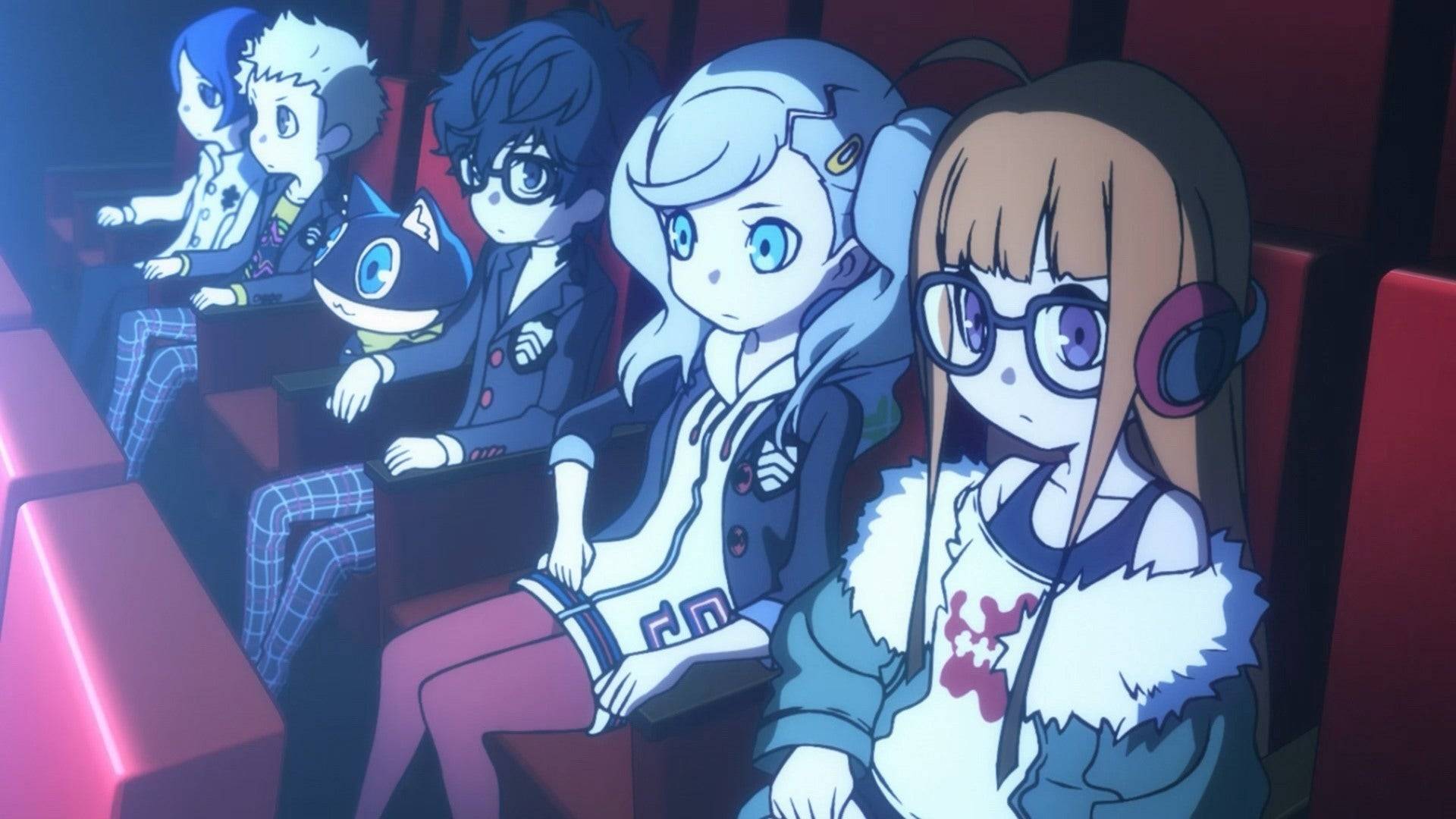
A sequel to Persona Q, New Cinema Labyrinth features a crossover of characters from Persona 3, 4, and 5. Trapped in a movie theater, the Phantom Thieves, S.E.E.S team, and Investigation Squad explore movie-themed dungeons to escape, blending timelines and offering a first-person dungeon-crawling experience.
13. Persona 5 Tactica (2023)
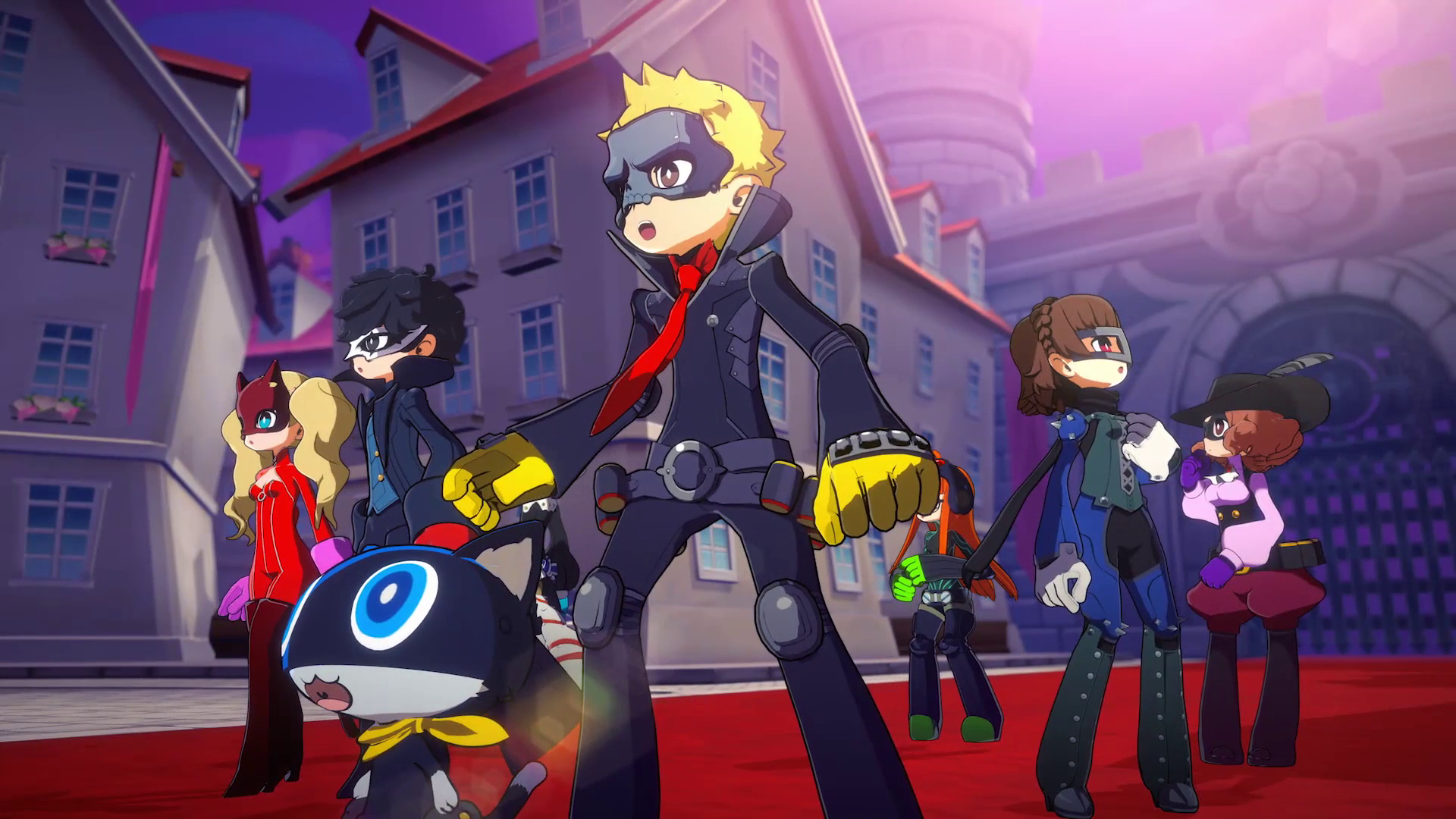
Set during Persona 5, Persona 5 Tactica is a strategy-focused spin-off similar to XCOM. The Phantom Thieves are transported to the Kingdoms, where they must save their brainwashed allies from Tyrant Marie. The game features a tactical grid-based combat system.
Read our review of Persona 5 Tactica.
14. Persona 5: Dancing in Starlight (2018)
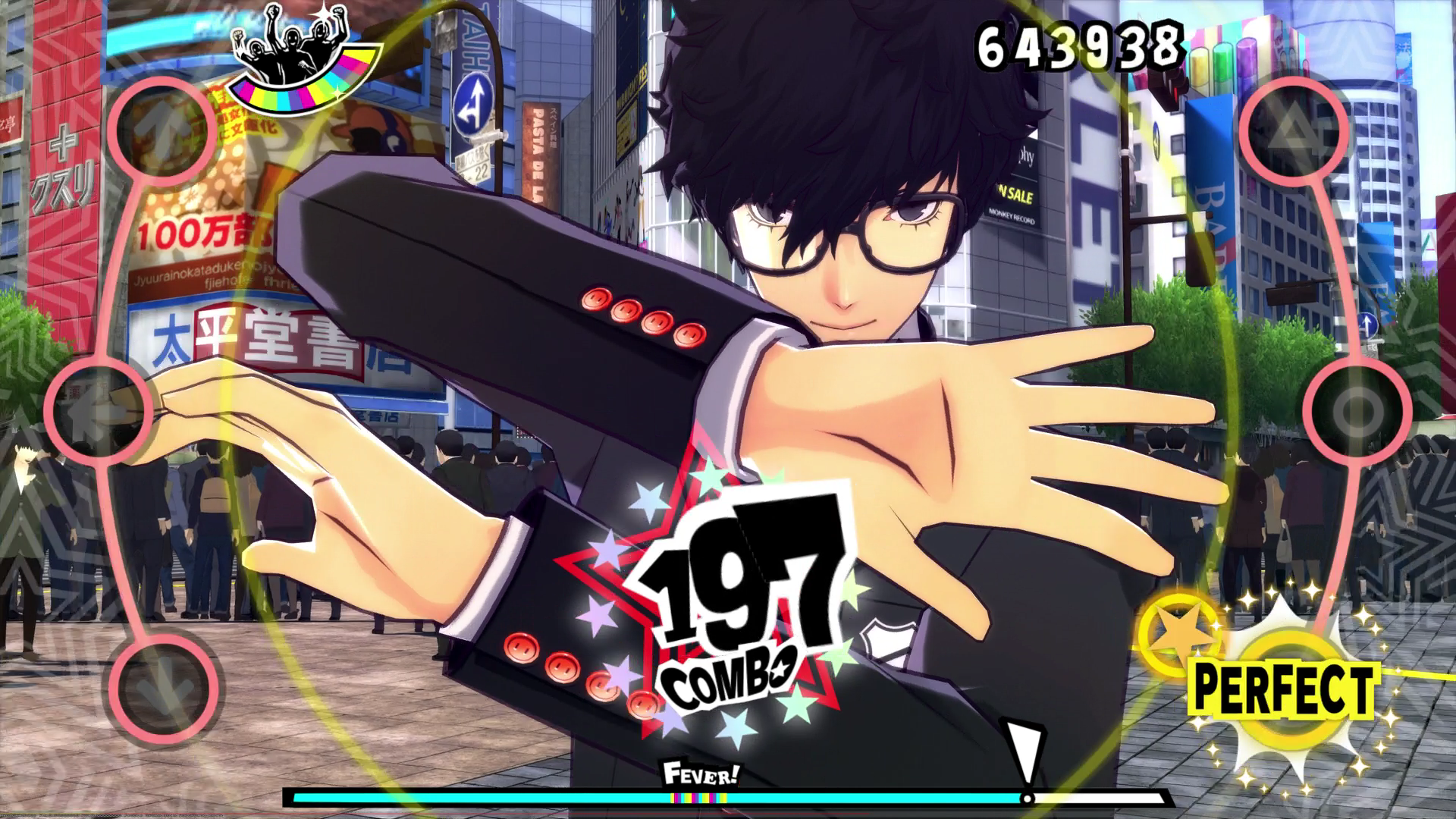
The third rhythm-based dancing spin-off, Persona 5: Dancing in Starlight, challenges the Phantom Thieves to a dance-off in the Velvet Room, performing routines to Persona 5's catchy tracks.
15. Persona 5 Strikers (2020)
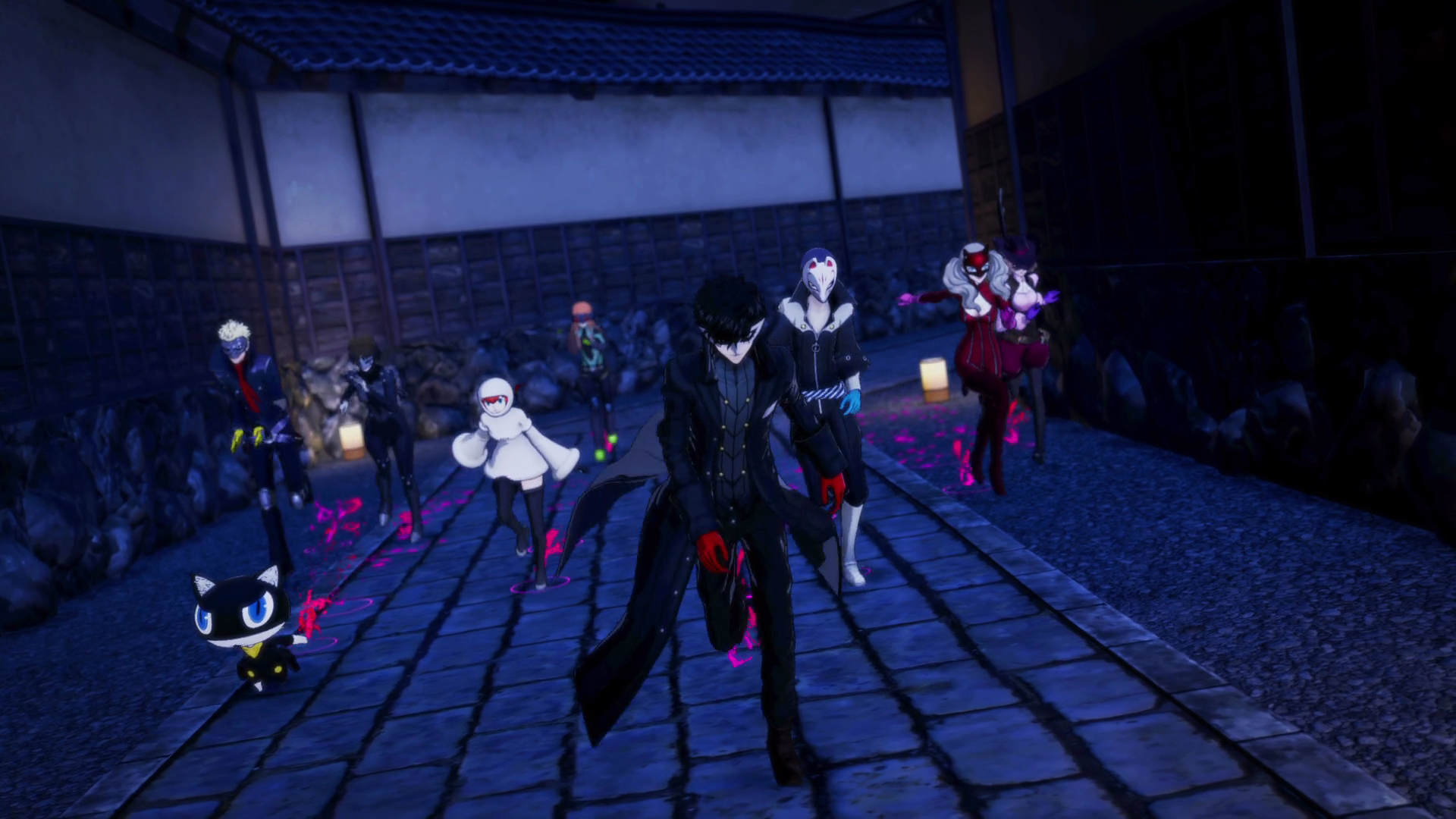
Set four months after Persona 5, Strikers reunites the Phantom Thieves for a summer vacation that leads them back into the Metaverse via the EMMA app. The game introduces real-time combat inspired by the Dynasty Warriors series, with the team battling hordes of enemies.
Read our review of Persona 5 Strikers.
Every Persona Game and Spin-Off in Release Order
- Revelations: Persona (1996)
- Persona 2: Innocent Sin (1999)
- Persona 2: Eternal Punishment (2000)
- Persona 3 (2006)
- Persona 3 FES (2007)
- Persona 4 (2008)
- Persona 3 Portable (2009)
- Persona 4 Arena (2012)
- Persona 4 Golden (2012)
- Persona 4 Arena Ultimax (2013)
- Persona Q: Shadow of the Labyrinth (2014)
- Persona 4: Dancing All Night (2015)
- Persona 5 (2016)
- Persona 3: Dancing in the Moonlight (2018)
- Persona 5: Dancing in the Starlight (2018)
- Persona Q2: New Cinema Labyrinth (2018)
- Persona 5 Royal (2019)
- Persona 5 Strikers (2020)
- Persona 5 Tactica (2023)
- Persona 3 Reload (2024)
What's Next for Persona?
In 2024, fans of Atlus RPGs enjoyed two releases: Persona 3 Reload and Metaphor: ReFantazio, a new RPG from Atlus's Studio Zero. Following Metaphor's success and numerous awards, Sega announced plans to further invest in Atlus and the Persona IP during a developers' Q&A session.
The next Persona project to watch is the free-to-play mobile game Persona 5: The Phantom X, released in China, Taiwan, Hong Kong, Macau, and Korea in 2024, with a Japanese release following a closed beta sign-up in October. A global release is anticipated, though no official date has been set. The Phantom X features an original story set in the Persona 5 universe, introducing new characters who become Phantom Thieves.
Persona 6 is the eagerly awaited next mainline entry in the RPG series, though Atlus has yet to officially confirm its development.






